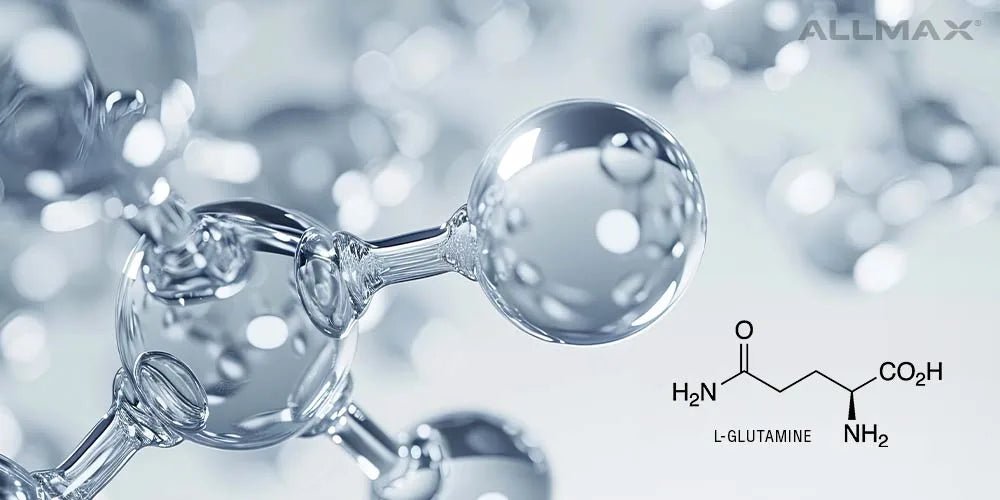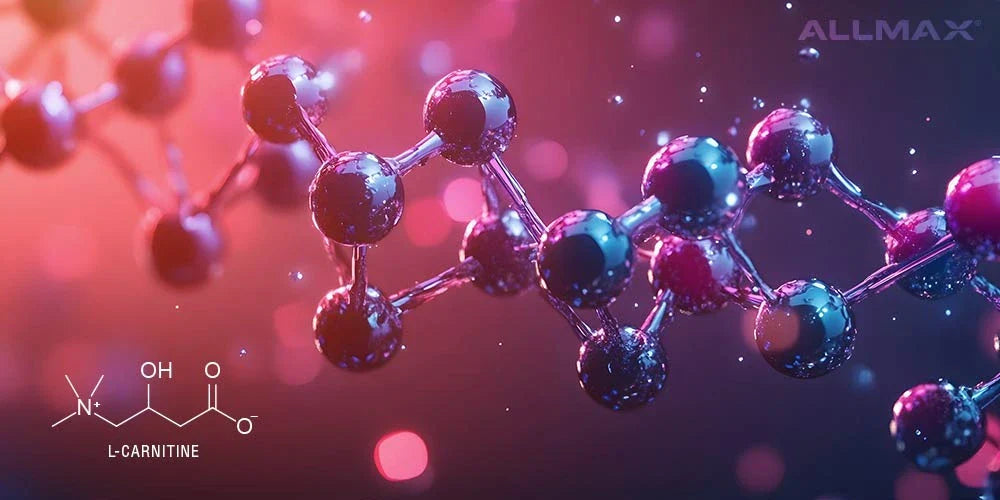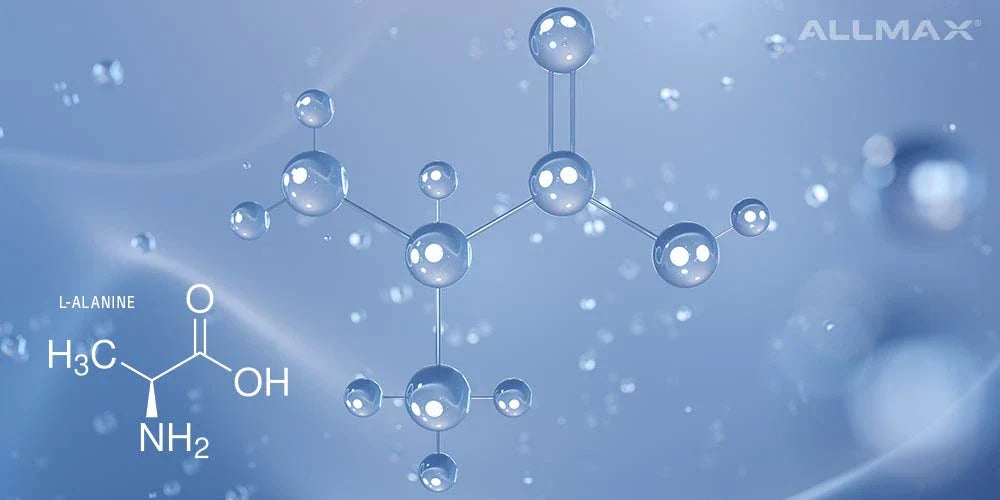Hemicellulase is a vital enzyme that plays a key role in digesting plant-based fibers. By breaking down complex carbohydrates like hemicellulose, it supports digestive health and various metabolic processes. Below are the details about what hemicellulase does, its benefits, potential side effects, and its comparison to cellulase.
What is Hemicellulase?
Hemicellulase is an enzyme that targets hemicellulose, a major component of plant cell walls. Hemicellulose, like cellulose, is a type of fiber found in many fruits, vegetables, and grains. However, while cellulose is difficult for humans to digest, hemicellulase helps break down the complex sugars in hemicellulose, making it easier for the body to absorb nutrients from plant-based foods.
Benefits of hemicellulase
Hemicellulase offers several health benefits, particularly for those who experience digestive discomfort from fiber-rich foods. Key benefits include:
- Improved digestion: Facilitates the breakdown of complex fibers, reducing bloating and digestive discomfort.
- Supports gut health: Promotes a balanced gut microbiome, which is essential for overall health.
- Enhanced nutrient absorption: Makes nutrients from plant-based foods more accessible by breaking down fiber.
Supplements like Cytogreens & Digestive Enzymes, which include digestive enzymes, can help maximize these benefits by improving fiber digestion.
Side Effects of Hemicellulase
It is generally considered safe, but some individuals may experience mild digestive discomfort. Possible side effects include:
- Gas and bloating: Some users may experience an increase in gas or bloating as the enzyme works to break down fiber.
- Diarrhea or loose stools: Overuse may lead to digestive upset in certain individuals.
To minimize side effects, it's best to start with small doses and consult a healthcare provider if any adverse reactions occur.




